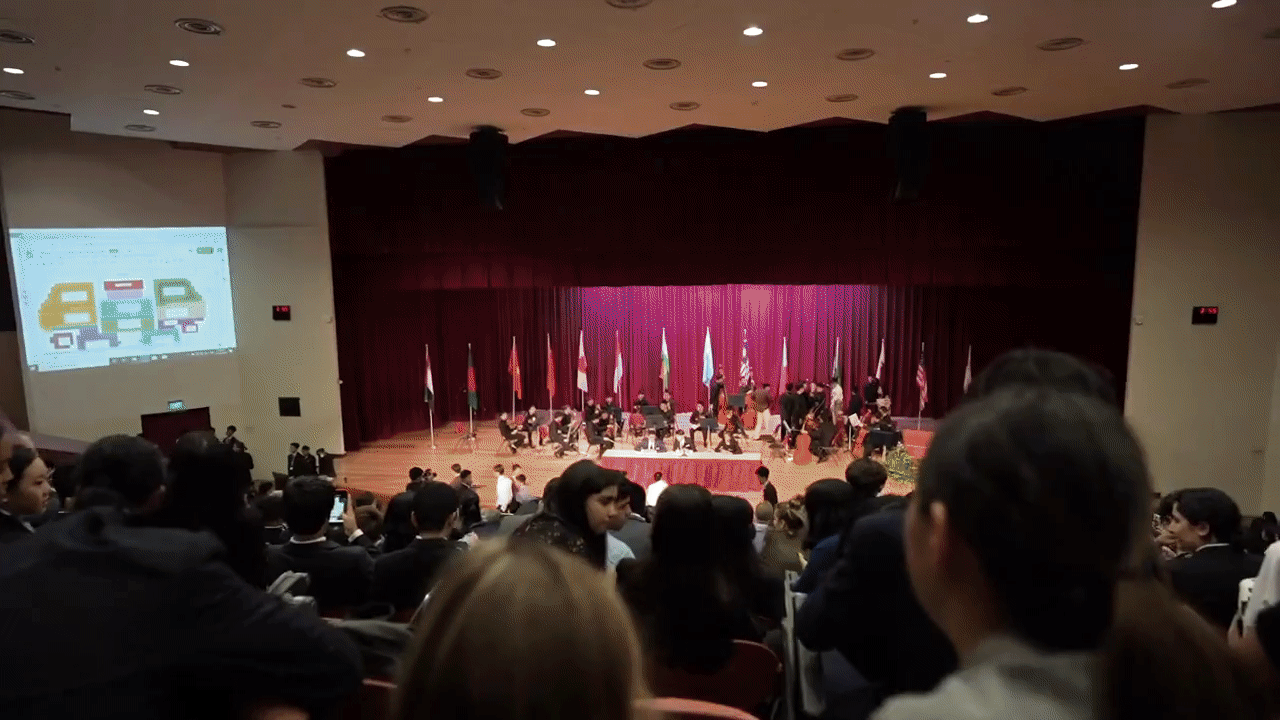Written by: Jade Henry
Edited by: Aastha Gokani
One thing that every boomer, millennial and gen Z can identify with is memes. Memes can be made of images, videos or pieces of text created for comedic relief and can be spread all over social media platforms by Internet users. Often, users make slight variations to beloved memes, generating an endless stream of different memes. My generation as a whole has been shaped by memes.
When Sohan D’Silva (delegate of Cuba of GA3, United Nations International School of Hanoi) was asked his point of view of the effect memes on our generation, he replied by saying “The way we speak and [how] we communicate with each other.” For example, D’Silva talked about the dark side of the memes— the racist, sexist, neo-nazi, and all the other morbid ideologies that can harm a person’s way of life. He argued that while people may claim that “it’s just funny” or “it’s just a joke,” the way Internet users spread or create memes negative messages without accountability is not right.
In today’s age, humour is a very sensitive subject. A delegate that wishes to remain anonymous stated that “We all have different types of humour and it’s more manageable in today’s age, [however] complicated politics [dismisses this].”
Regarding differences in humour, THIMUN’s very own meme page creator acknowledged that while “Memes have brought joy into the sometimes mundane life that we lead, and it’s always nice to know that there’s a large community that always has your back no matter your background,” there are also instances when “memes may be taken too literal[ly] by some, and especially for the more extreme ones, may result in discord due to a simple misunderstanding or miscommunication of ideas.” However, he eventually concluded that “Interpretation and context are key in understanding memes, and they decide whether or not the memes affect positively or negatively.”
All in all, to prevent the spread of negative memes, two sides need to step up. The creators of memes should refrain from sinister subjects, become more careful when assessing how their memes will be interpreted. The collector of memes, on the other hand, have to use memes that are appropriate to the context of their conversations and stop spreading negative memes.

